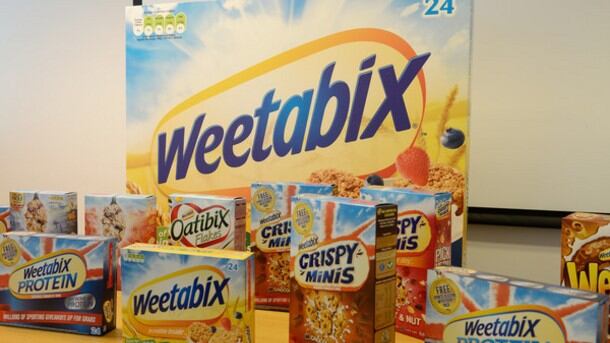New consumer research published by Kantar earlier this month noted that, in the past 12 months, over three-quarters (77%) of UK grocery shoppers had switched, avoided or boycotted buying certain products, or would consider doing so in the future, based on brands’ environmental policies.
Global warming
Key areas, such as global warming, plastic problems and buying decisions, have all impacted consumers’ views on which brands they buy, according to the report.
Speaking exclusively to Food Manufacture, brand managing director Mark Chamberlain said that, despite this, food firms still benefited from greater trust than many other sectors, but should not become complacent.
“The Government isn’t taking the steps that it should do which gives brands new opportunities,” he said. “Regardless of what the Government does, brands have an opportunity to do something themselves.
“This sort of thing can become a major barrier to purchase, and good work in this area means they won’t be unconsidered.”
Kantar questioned more than 1,200 UK consumers between the ages of 16 and 65+ about their concerns on a range of environmental issues, their purchasing decisions based on a brand’s sustainability credentials, environmental responsibility and whether, as a consumer, they had ever decided to boycott buying a product or switch to another brand based on its environmental reputation.
Brand loyalty was lowest among the youngest age group of 16- to 24-year-olds, with 87% saying they had switched or might do so, with more males (24%) switching or boycotting brands than females (18%).
Responses differed considerably among generations too, with 40% of Millennials saying they had avoided buying [a brand], or decided to choose a different brand over the last 12 months, compared to only 9% of Baby Boomers. However, almost half (46%) of this generation of 55- to 65+-year-olds indicated that while they hadn’t switched or boycotted brands in the last year because of their environmental credentials, they might consider doing so in the future – the highest among all age groups.
Boycotted brands
Harsh working conditions, environmental pollution and the overuse of packaging were some of the issues consumers considered carefully before purchasing fast-moving consumer goods (FMCG) products, according to the report.
Chamberlain added: “Responsible living is being driven by cross-generational groups of ‘woke’ consumers that look towards inspiring brand heroes as change leaders.
“Governments and organisations are being forced to listen and respond to consumers’ demands for greater transparency as businesses strive to become more purp




